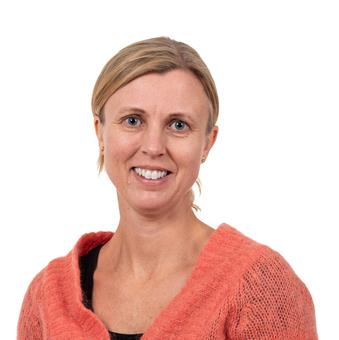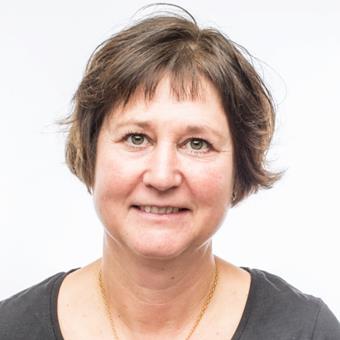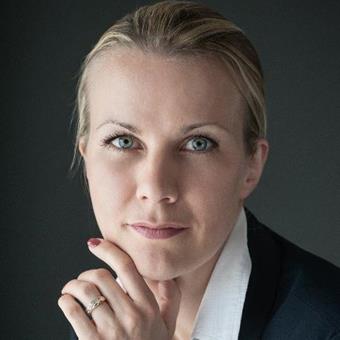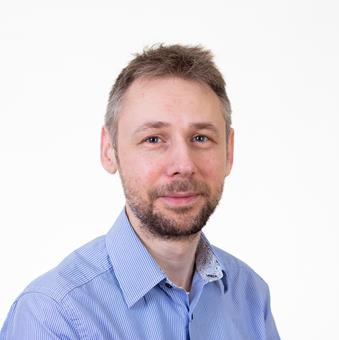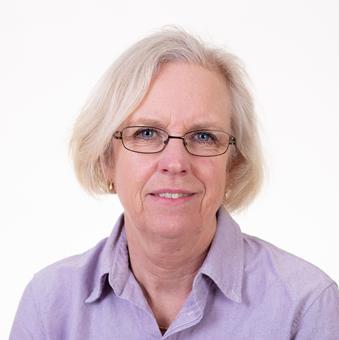GROWL (Greening of Working Life) is a research group that analyzes the green transition in working life at the individual, organizational, and policy levels. This is done through a range of projects funded by Forte, AFA Insurance, and the European Commission.
The group has a unique combination of expertise, including sociology, education, environmental change, political science, and business administration. It consists of fifteen researchers, including three doctoral students.
GROWL: Greening of Working Life
To meet climate goals, the world of work must undergo a transformation. The GROWL research group focuses on the people, organizations, and policies involved in the green transition of working life.
Research projects
On the Factory and Forest Floors
This six-year research program, funded by Forte, began in autumn 2023 and will conclude 2029.
The research examines how the green transition is implemented in practice, how it is perceived and understood by employees, managers, unions, and policymakers, and how it relates to working conditions, workplace learning, innovation, and policies at both national and EU levels.
The program includes:
- Surveys and interviews with individuals working in the industrial and forestry sectors
- Case studies of companies in these sectors
- Workshops and seminars with participating companies
- Policy analyses and interviews with policymakers, union representatives, and other key actors
- Studies of conflicts within the green transition, such as those related to forestry and mining in Sápmi
The research focuses on the types of changes deemed feasible at individual, organizational, and policy levels, and the goals considered desirable, relevant, and achievable. It also examines the fairness of the green transition by studying its impact on local communities, individuals' career paths, and the need for and use of social safety systems.
The program contributes theoretical and empirical insights into the dynamics shaping changes in working life and how people, organizations, and policies adapt and contribute to society’s green transition.
A Meaningful Climate Transition
This three-year research program, funded by AFA Försäkring, began in december 2024 and will conclude in 2027.
The research focuses on two sectors: transport and energy. It aims to investigate whether climate work in these sectors is perceived as meaningful and whether this sense of meaning influences how employees, teams, and managers act concerning company climate goals. Additionally, the project studies which organizational factors affect the experience of meaningfulness in climate work, its impact on various health outcomes, and how perceived meaningfulness can be strengthened.
The project includes:
- Case studies of companies in the transport and energy sectors
- Surveys distributed to companies in these sectors
- Workshops and seminars with participating companies
The project is expected to provide insights into how organizations can strengthen their climate work through a sense of meaningfulness, benefiting company climate efforts, industry organizations, and unions. It investigates feasible changes at individual and organizational levels and the goals considered desirable, relevant, and achievable.
The Impact of Digitalization and the Energy Transition of Working Life
This project is led and funded by the Joint Research Centre of the European Commission (JRC), with contributions from GROWL researchers. The project began in 2024 and will conclude in 2025.
The project analyzes the dynamics at the intersection of digitalization and the energy transition in working life. In collaboration with the University of Málaga, the JRC conducts a series of case studies on digitalization and the energy transition at the workplace level. The studies involve identifying and examining European organizations undergoing digitalization while integrating decarbonization and sustainability practices.
The case studies include workplace visits and interviews with employees, managers, social partners, and technology specialists to explore how digitalization interacts with environmental and sustainability strategies, policies, and practices at the workplace level. They also examine how this interaction impacts tasks, working conditions, and work organization. The research is carried out in the energy, transport, and financial sectors in Spain and Sweden.



